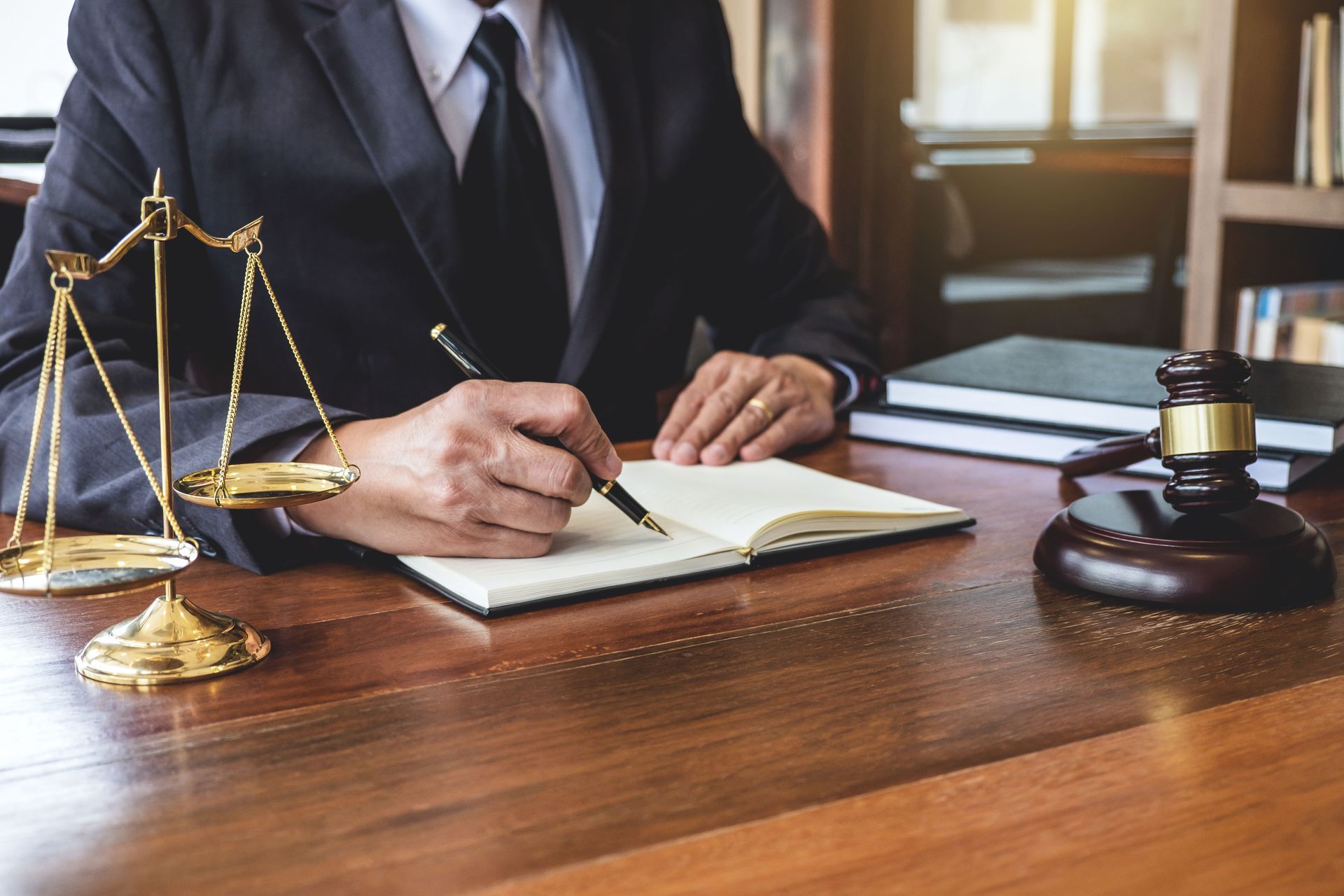Everything You Need to Know About Personal Injury Settlements
Navigating the aftermath of a personal injury can be overwhelming, particularly when it comes to understanding your settlement options. Personal injury settlements provide a resolution to legal disputes arising from accidents such as car crashes, slip-and-fall incidents, or medical malpractice. This article aims to break down the essentials of personal injury settlements, providing you with a clear understanding of this often complex process.
The Advantages of Settling a Personal Injury Case
A personal injury settlement typically occurs when both parties agree on a compensation amount without proceeding to trial. This compensation is aimed at covering medical expenses, lost wages, and other related damages. According to Consumer Shield, 96% of personal injury lawsuits end in settlements and dismissals, reflecting the preference for this quicker and less risky resolution method. Opting for a settlement not only saves time and legal fees but also provides a degree of certainty that a court ruling cannot guarantee. An experienced accident attorney can often help expedite this process by negotiating effectively on your behalf.
How the Personal Injury Settlement Process Works
Negotiating a personal injury settlement involves several key steps, including gathering of evidence, calculating the claim's worth, and presenting a demand letter to the opposing party. The evidence gathered should effectively demonstrate the extent of your injuries and the financial impact they have imposed on you. This usually involves medical records, police reports, and witness testimonies. Hiring an accident attorney can greatly enhance the strength of your negotiations, as they possess the expertise to evaluate your claim accurately and advocate fiercely for the compensation you deserve.
Setting Realistic Expectations for Settlement Outcomes
Those involved in personal injury negotiations need to have realistic expectations. While settlements can indeed provide substantial compensation, they often involve a compromise between both parties. This means that the agreed amount might be less than what the plaintiff initially asked for yet higher than what the defendant was originally willing to pay. The key to a successful settlement is finding a balance that both parties can accept, thus avoiding the uncertainty and costs associated with going to trial. Consulting an
accident attorney early on can help you understand the true value of your claim and what outcomes are realistically achievable.
Personal injury settlements play a crucial role in resolving legal disputes efficiently and effectively. With most cases ending in settlements, understanding the process becomes paramount for anyone involved in a personal injury case. By grasping these fundamentals, you can approach your settlement negotiations with a sense of clarity and confidence, maximizing your opportunity to secure fair compensation for your injuries. Contact Gridley, Ward & Hamilton, and rest easy while we handle your case.











Share On: